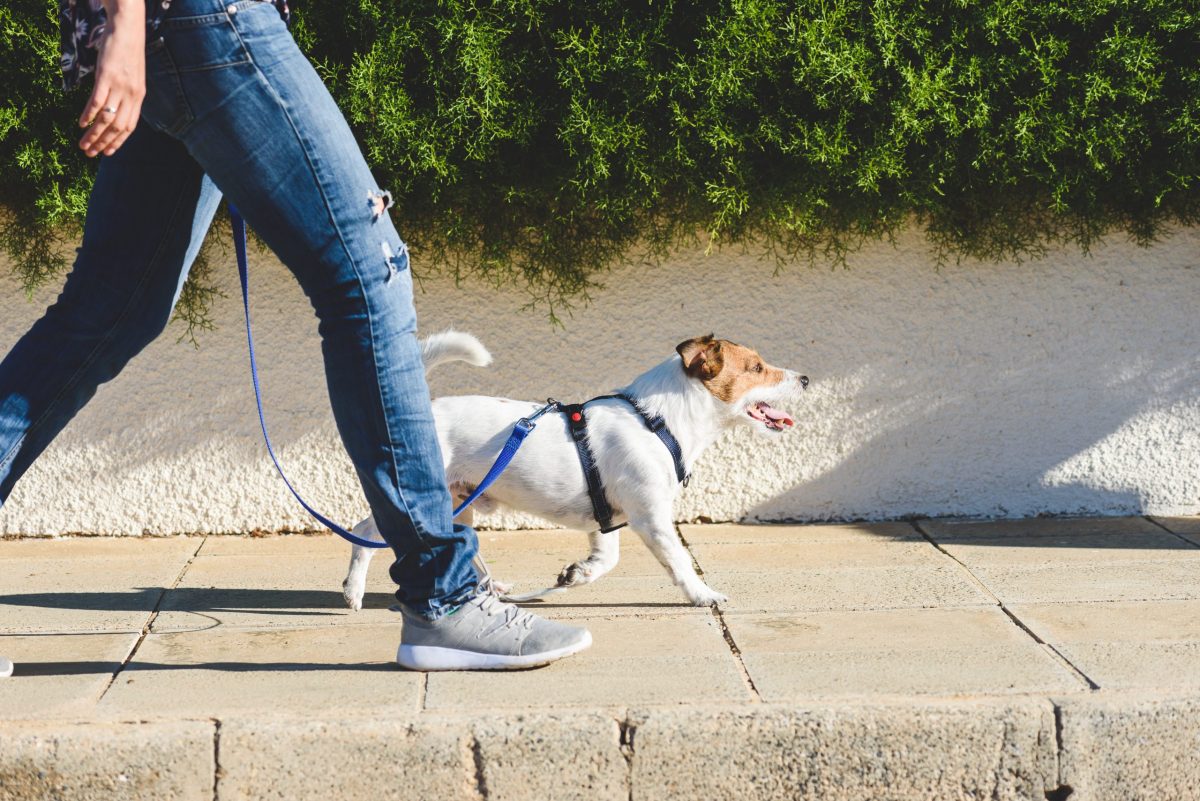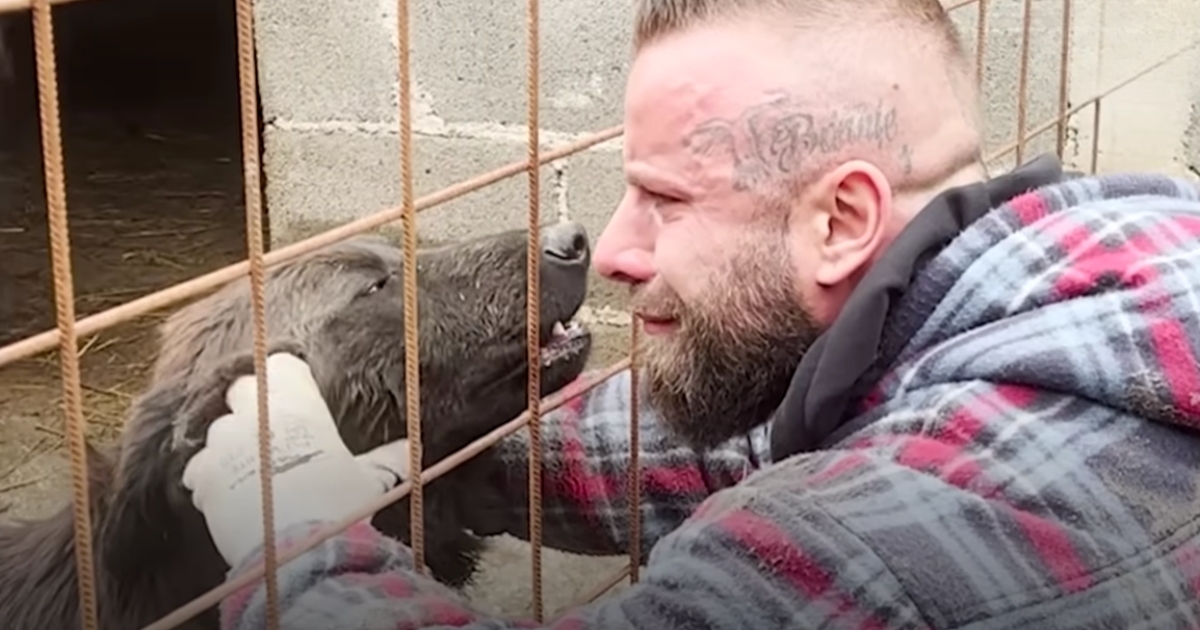
Training your dog is not just about teaching them tricks; it’s about creating a bond of understanding and respect between you and your furry friend. Mastering basic commands is crucial for every dog owner, ensuring a well-behaved pet and a safe environment. In this article, we’ll explore the 10 essential commands that every dog should know, provide tips and techniques for successful training, and discuss how online dog training courses can be a valuable resource.
Essential Commands Every Dog Should Learn
1. Command: Sit
The Foundation of Dog Training – “Sit” is often the first command taught in dog training classes. It is a fundamental skill that promotes calmness and readiness to receive further instructions. Training your dog to sit is typically straightforward and serves as a stepping stone to more complex commands.
2. Command: Focus
Gaining Your Dog’s Attention – Also known as “watch,” “watch me,” or “look,” the focus command is vital for gaining your dog’s undivided attention. Achieving this can make all the difference in effective communication and training, especially in distracting environments.
3. Command: Down
Teaching Relaxation – The “down” command, which some owners simplify to “lay” or “on the belly,” is essential for encouraging a relaxed state. It is particularly useful in situations where “sit” might not provide enough stability or calm.
4. Command: Stay
Mastering Patience – “Stay” is a command that challenges many dogs, especially those with less patience. Teaching your dog to stay put until you release them is crucial for safety and is an excellent exercise in self-control.
5. Command: Leave It
Avoiding Unwanted Behaviors – This command is crucial for teaching dogs to avoid non-toys, such as slippers or dangerous objects. “Leave it” helps maintain safe boundaries and is useful during walks to prevent aggression or unwanted interactions.
Train your dog from home with the convenience of online dog training!
6. Command: Drop It
Releasing Objects – When “Leave It” fails, “Drop It” takes over. This command is essential for situations where your dog picks up something harmful or forbidden. It ensures your dog can be directed to release items without confrontation.
7. Command: Off
Maintaining Boundaries – The “off” command is useful for teaching dogs not to jump on furniture or people. It establishes clear boundaries about where a dog can and cannot be.
8. Command: Move
Asserting Leadership – Teaching your dog to move on command reinforces that humans lead the way. This command helps manage dogs with dominant tendencies and ensures they respect personal space.
9. Command: Come
Ensuring Reliability – The “come” command is perhaps one of the most important for safety reasons. It ensures that your dog returns to you reliably, regardless of the distractions.
10. Command: To Your Spot
Providing a Safe Haven – Whether it’s a crate, bed, or a designated blanket, teaching your dog to go to their spot can significantly ease stressful situations. This command is especially useful when you need to ensure your dog stays out of trouble or feels secure.
Online Training Courses: A Modern Solution for Dog Training
Online dog training courses offer flexible, comprehensive solutions for busy pet owners. They provide access to expert advice and structured training routines that you can follow from the comfort of your home. These courses often include video tutorials, which can be particularly helpful for visual learners and for demonstrating techniques like timing and tone of command.
Frequently Asked Questions
How long does it take to train a dog with basic commands?
It can vary depending on the dog’s age, temperament, and consistency of training, but most basic commands can be taught within a few weeks.
Are treats necessary for training?
While treats can be excellent motivators, they are not the only method. Praise, petting, and play can also effectively reinforce good behavior.
What if my dog doesn’t respond to commands?
Persistence is key. If traditional methods fail, consider enrolling in professional courses or consulting a dog trainer for personalized advice.
Enhance Your Dog Training Experience
Training your dog with these basic commands lays the foundation for a trustworthy and enjoyable relationship. Remember, consistency, patience, and positive reinforcement are your best tools in dog training. Whether through online courses or personal practice, each moment spent training strengthens the bond with your pet, leading to a happier home and a well-behaved dog.






